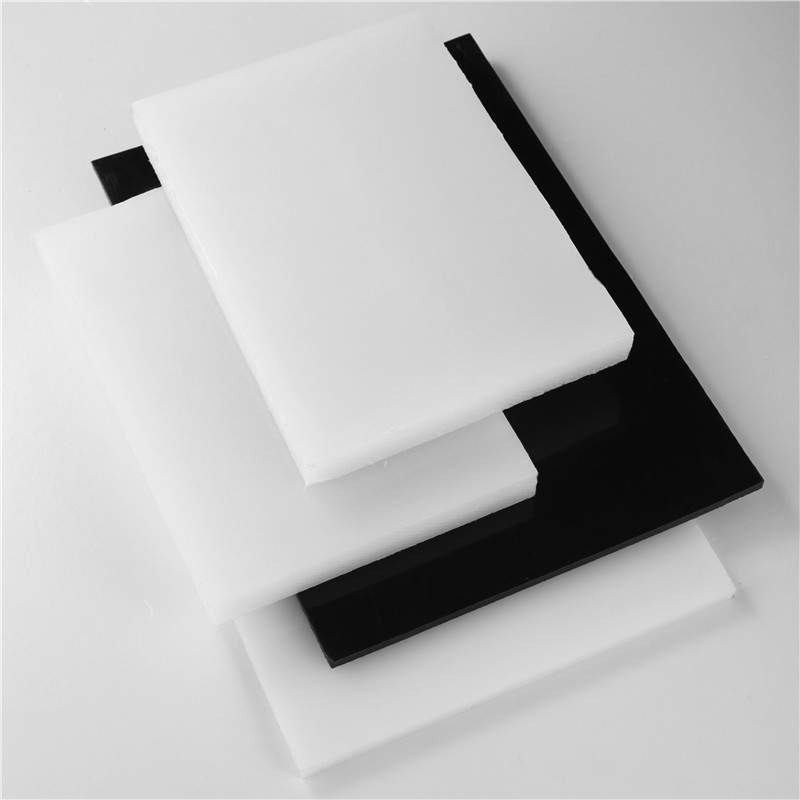Jul . 28, 2024 23:51 Back to list
Exploring the Benefits and Applications of HDPE Black Pipe in Various Industries and Projects
Understanding HDPE Black Pipe Properties, Applications, and Benefits
High-Density Polyethylene (HDPE) black pipe is a revolutionary material widely used across various industries for its durability, versatility, and cost-effectiveness. As a type of thermoplastic made from petroleum, HDPE offers a range of beneficial characteristics that set it apart from traditional piping materials.
Key Properties of HDPE Black Pipe
One of the primary advantages of HDPE black pipe is its resistance to corrosion. Unlike traditional metal pipes, HDPE does not rust or corrode, making it ideal for transporting water and other chemicals. This resistance extends the lifespan of the pipes, resulting in lower maintenance costs and reduced need for replacements.
Additionally, HDPE black pipes have a high tensile strength and flexibility, allowing them to withstand pressure without breaking. This makes them suitable for a variety of applications, from residential water systems to industrial plant operations. The flexibility of HDPE also means it can be installed in various landscapes and terrains without the need for extensive excavation work.
Another notable property of HDPE black pipe is its lightweight nature. Compared to metal pipes, HDPE is much lighter, making transportation and installation easier and more cost-effective. Contractors can save time and money on labor costs due to this ease of handling.
Applications of HDPE Black Pipe
HDPE black pipes are used in a multitude of applications. One of the most common uses is in water supply and distribution systems. Municipalities around the world have adopted HDPE for its reliability in delivering potable water and its resistance to chemical leaching.
hdpe black pipe

In addition to water systems, HDPE black pipe is also frequently utilized in gas distribution. The material is capable of safely transporting natural gas without risk of explosion or leakage, making it a preferred choice for utility companies.
Moreover, HDPE black pipe is extensively used in agricultural applications, such as irrigation systems. Its durability and resistance to various weather conditions ensure that farmers can maintain efficient irrigation without constant repairs.
In the construction industry, HDPE black pipes can be found in various drainage systems, stormwater management, and sewage transport. Their flexibility allows for creative solutions in installations, especially in landscapes that are uneven or challenging.
Environmental Benefits
Using HDPE black pipe presents several environmental benefits. Since it is recyclable, it can be repurposed after its life cycle, reducing plastic waste in landfills. Furthermore, the manufacturing process of HDPE requires less energy than traditional materials, leading to a smaller carbon footprint in production.
The longevity and durability of HDPE also contribute to sustainable practices. By reducing maintenance, replacements, and repairs, less material is consumed over time, making it a more environmentally friendly choice in the long run.
Conclusion
In summary, HDPE black pipe stands out for its exceptional properties, versatile applications, and environmental advantages. Its resistance to corrosion, flexibility, lightweight nature, and cost-effectiveness make it an ideal choice across various sectors, from residential plumbing to industrial gas distribution. As industries and municipalities increasingly focus on sustainability, HDPE black pipe offers a reliable solution for modern infrastructure challenges. Whether in water supply, drainage systems, or agriculture, the benefits of HDPE black pipe are clear, making it a favored material in today's market.
-
PVC Grey Sheet for Extraction: Chemical Resistant & Durable
NewsAug.19,2025
-
Durable PVC Pipe Fittings for Plumbing & Irrigation Needs
NewsAug.18,2025
-
HDPE Steel Belt Reinforced Spiral Corrugated Pipe | High Strength
NewsAug.17,2025
-
HDPE Pipe Fittings: Durable, Leak-Proof Solutions
NewsAug.16,2025
-
Premium CPVC Sheet: High-Temp & Chemical Resistant Solutions
NewsAug.15,2025
-
Durable PPR Pipe for Hot & Cold Water Systems - Easy Install
NewsAug.14,2025

